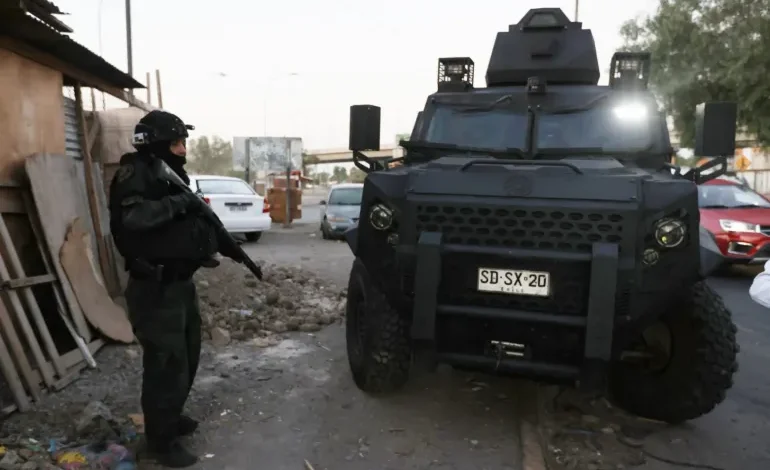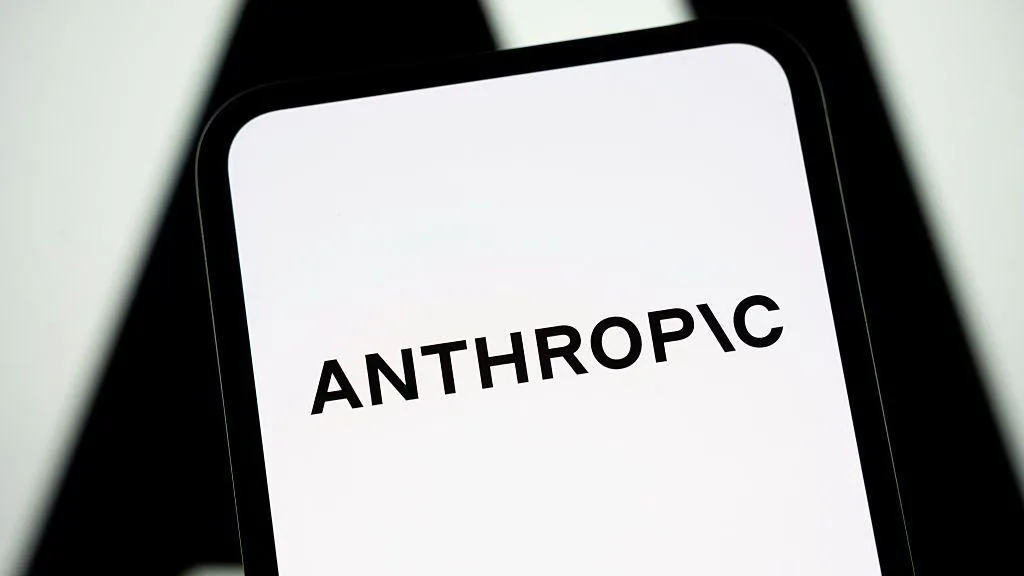US Sanctions Alleged Leader of Venezuelan Gang Tren de Aragua

The Treasury Department, under President Donald Trump, has imposed sweeping sanctions on Giovanni Vicente Mosquera Serrano, whom US officials describe as a senior commander of the Venezuelan criminal syndicate Tren de Aragua. The State Department is also offering a $3 million reward for information leading to his capture.
Mosquera Serrano is now on the FBI’s Ten Most Wanted list and faces a Justice Department indictment that cites drug-trafficking and terrorism-related charges.
In announcing the penalties, Treasury Secretary Scott Bessent accused the gang of “terrorizing our communities and facilitating the flow of illicit narcotics into our country.” Officials framed the move as part of a broader effort by the Trump administration to combat foreign criminal networks that, they argue, threaten US domestic security.
Earlier this year, the administration formally labelled Tren de Aragua and several other Latin-American outfits as foreign terrorist organisations. The designation has allowed federal agencies to freeze assets, bar gang members from entry, and tighten financial surveillance.
President Trump has repeatedly cited Tren de Aragua to justify using emergency powers—most notably the Alien Enemies Act of 1798—to carry out expedited deportations. More than 200 men, many of them Venezuelan nationals, have since been transferred to a maximum-security prison in El Salvador.
Civil-liberties groups contend that some deportees lacked criminal records and were targeted largely for tattoos or clothing that authorities linked to the gang. The Department of Homeland Security rejects that claim, saying removals were based on vetted intelligence.
A recently declassified memo from the Office of the Director of National Intelligence indicates that Venezuela’s government “probably does not have a policy of cooperating with TDA and is not directing [its] movement to the United States,” even though the country’s permissive climate may enable the group’s activities.
Tren de Aragua has expanded rapidly across Latin America, drawing attention for alleged human trafficking, contract killings, and money-laundering schemes. In July of last year, Washington and Bogotá announced a joint reward programme seeking Mosquera Serrano and two other top figures, underscoring the gang’s cross-border reach.
Despite its notoriety, analysts cited in US briefings say there is scant evidence the organisation maintains large-scale operations inside the United States—yet US officials insist pre-emptive action is vital to prevent a foothold.
With input from Al Jazeera









The latest news in your social feeds
Subscribe to our social media platforms to stay tuned